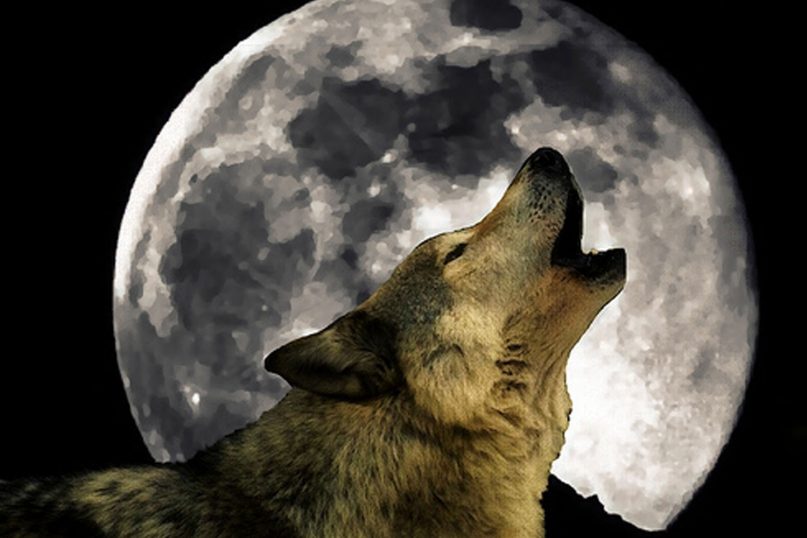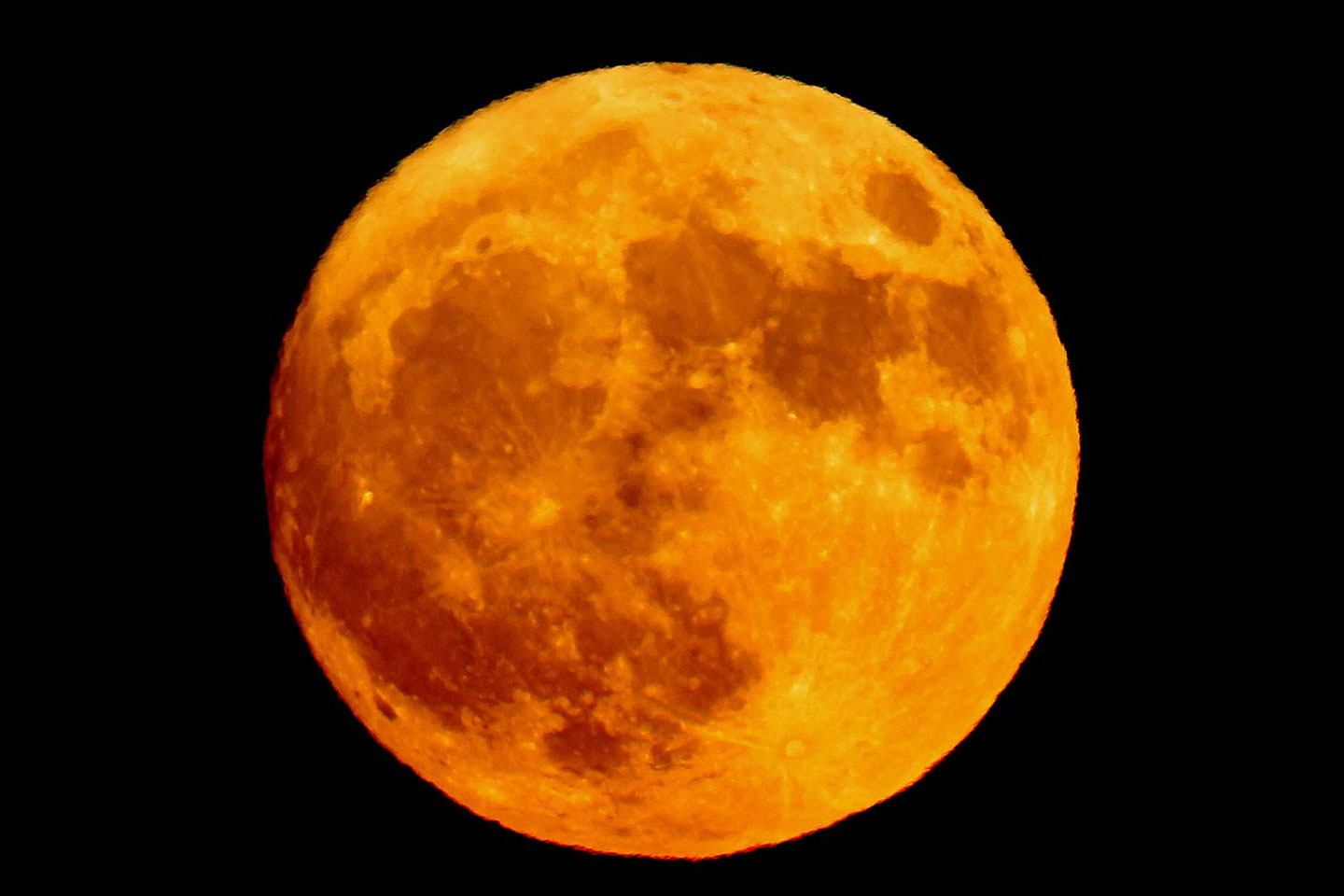
Here at the New Mind Journal we cover the moon a lot, as we should, because it is an integral part in all life on Earth. The moon controls the tides, and since our bodies are 70 percent water, many people believe that the phases of the moon greatly affect us. You may not know that our calendar and many of our holidays are based on moon cycles.
As we near the end of the year, and the decade, we also near the first full moon of 2020. Throughout history, many pagan and monotheistic cultures used the lunar calendar rather than a solar one. Since they used lunar cycles to mark the changing of time, each moon had its own name. The first full moon of the year is called the Wolf Moon, and in 2020 it falls on January 10.
The name Wolf Moon is believed to come from Native Americans, but there is some speculation that it could also have Anglo-Saxon origins. Yet, in pagan Anglo-Saxon cultures the first full moon is also referred to as the Old Moon, Ice Moon, and Snow Moon. It is also called the first Moon after Yule, the pagan holiday.
But focusing on the Americas, what does the term Wolf Moon mean? Wolves are particularly loud and vocal in the first months of the year, which is probably why people associated the month of January with howling wolves. The reason for this being that the howl of a wolf gets louder and longer before and right up until breeding season, which is roughly February.

The question that has long been asked; do wolves howl at the moon? Wolves howl to communicate with one another. They howl to contact their packmates, warn possible intruders not to advance, and as stated above to contact the opposite sex during mating season. But technically, wolves do howl in the direction of the moon being that they point their faces up while howling to get better acoustics.

By: Alexandria Addesso


































































Comments are closed.